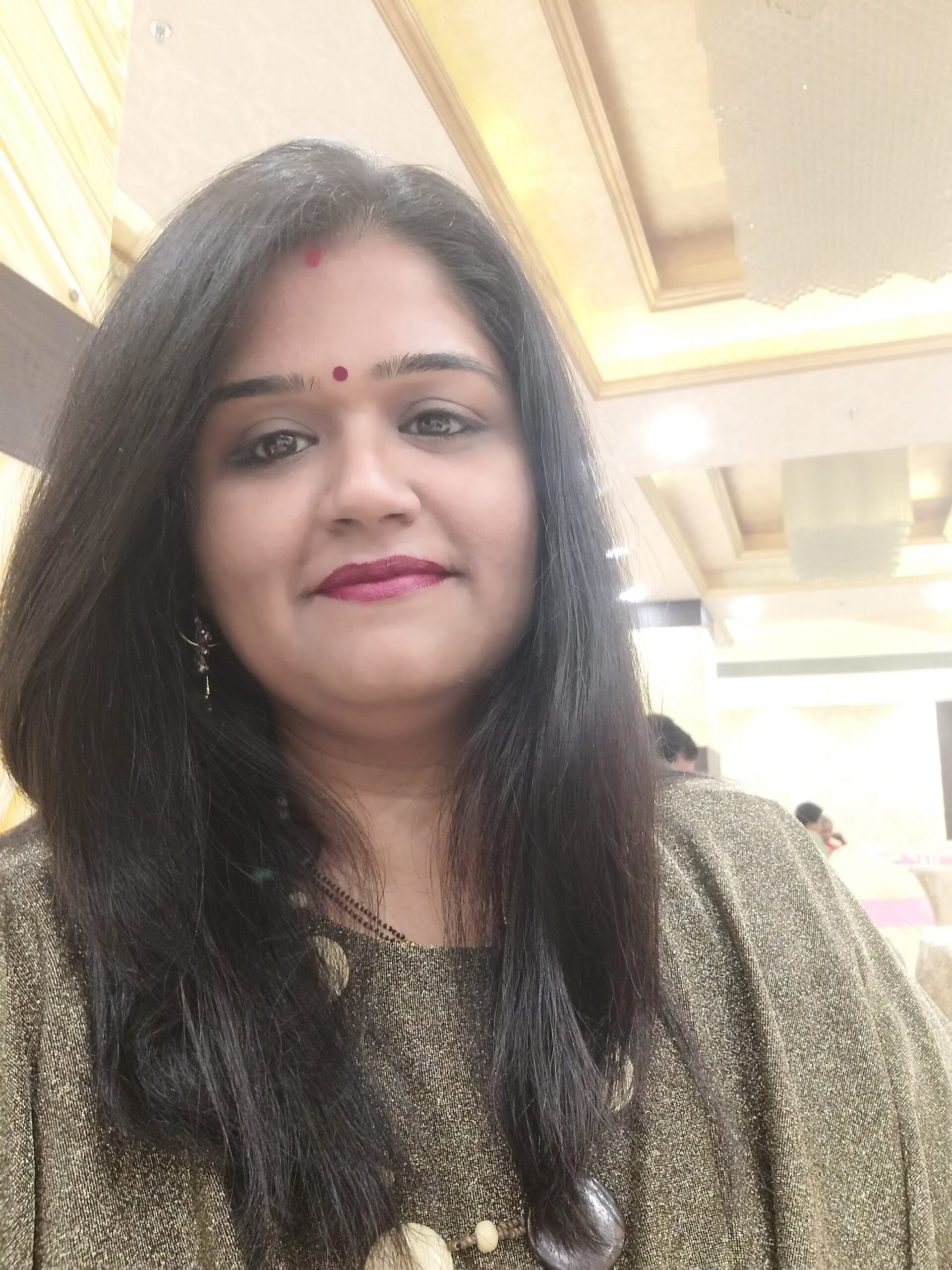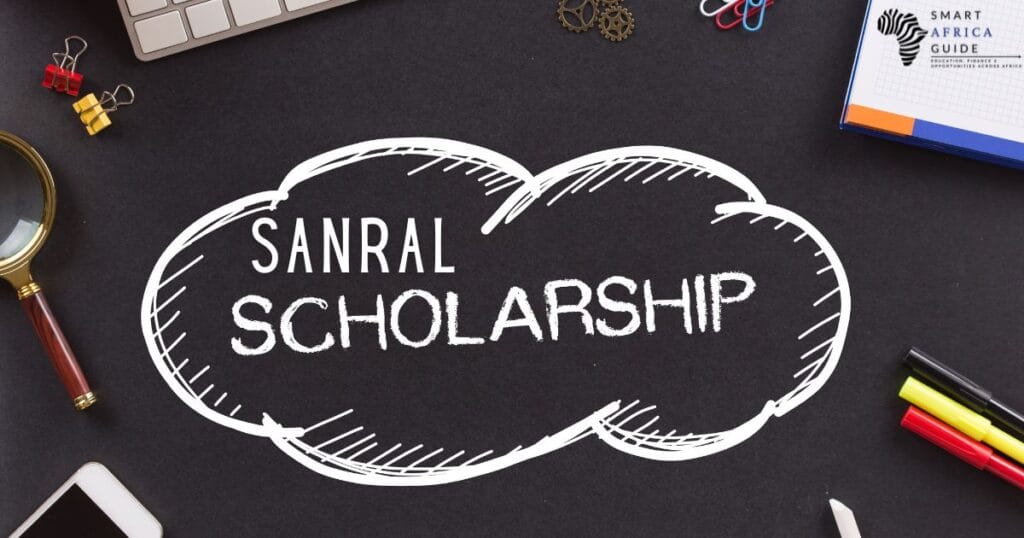Last updated on January 3, 2026
The DAAD PhD Scholarships Programme 2026/27 offers fully funded Master’s and PhD scholarships for Sub-Saharan African students who want to study at universities within Africa, not in Europe. The focus is on training future lecturers, researchers, and highly skilled professionals in development-related fields that support the Sustainable Development Goals (SDGs).
For PhD candidates, this programme is one of the most important long-term funding options, especially if the goal is an academic or research career in Africa.
Table of Contents
What is the DAAD Scholarships Programme?
This DAAD programme funds Master’s and PhD studies within Africa for Sub-Saharan African citizens. The main objective is to strengthen higher education systems in Sub-Saharan Africa and support sustainable development by training the next generation of university lecturers, researchers, and specialised professionals.
Instead of moving everyone to Europe, DAAD works with selected African universities and regional centres of excellence. PhD scholars either study in their home country (In-Country) or in another Sub-Saharan African country in the region (In-Region).
“A good head and good heart are always a formidable combination. But when you add to that a literate tongue or pen, then you have something very special.”
Nelson Mandela
Who Can Apply? (PhD-Focused Eligibility)
For the PhD track under the 2026/27 call, applicants must generally:
- Be a citizen of a Sub-Saharan African country
- Hold a relevant Master’s degree when the PhD funding starts
- Intend to pursue a full-time PhD at a participating African university or centre
- Plan a career in teaching and/or research at a higher education institution in Africa
- Choose a development-related / SDG-oriented field (for example: public health, agriculture, climate, engineering, social sciences)
- Demonstrate good academic performance and strong motivation
Female applicants and candidates from less-privileged regions or groups are explicitly encouraged to apply.
Where Can You Study?

You do not move to Germany under this scheme. Instead:
- In-Country scholarships: You study at a university in your own country (if it hosts a DAAD-funded programme).
- In-Region scholarships: You study at a partner institution in another Sub-Saharan African country.
DAAD works with selected host universities and centres across the region. Each host gets a quota of DAAD scholarships and advertises specific PhD programmes open for In-Country/In-Region funding.
Examples include PhD programmes in areas like pharmacology, agriculture, engineering, climate and environmental sciences, business, and social sciences.
What Does the DAAD PhD Scholarships Cover?
The exact benefits are described in the official call, but in general the DAAD PhD scholarship includes:
- Monthly allowance (living support)
- Study and research allowance
- Printing or thesis support
- Tuition fees (as agreed with the host institution)
For In-Region scholars, additional benefits usually include:
- Travel allowance (to and from the host country)
- Health insurance during the study period
The programme is funded by the German Federal Ministry for Economic Cooperation and Development (BMZ).
Duration of Funding (PhD)
Funding is normally provided for the standard length of the selected PhD programme at the host institution. As a guideline:
- Up to 3 years for PhD studies is typical.
Extensions beyond the normal duration are only possible in clearly justified cases and must follow DAAD rules and host institutional regulations.
Priority Fields and Themes

The programme supports development-related and SDG-oriented disciplines. Common areas include:
- Agricultural sciences, food security and natural resources
- Engineering, energy, water and infrastructure
- Public and environmental health
- Climate, environment and sustainability
- Social sciences, governance, peace and development
- Education, economics, and related fields
Each hosting institution specifies which PhD programmes are eligible under DAAD, so applicants must always check the local call.
How to Apply for DAAD PhD Funding (2026/27)
The application process always has two levels: host institution + DAAD.
- Identify DAAD-supported PhD programmes
Check DAAD country offices (e.g. DAAD Ghana, DAAD Kenya) and the DAAD Scholarship Database for the 2026/27 In-Country/In-Region call and list of host universities. - Apply to the host university / centre
Follow the local call for applications for the PhD programme (admission + scholarship or admission first, then DAAD nomination). - Prepare scholarship documents
Typical documents: academic transcripts, Master’s certificate, CV, research proposal, motivation letter, proof of citizenship, references. - Submit via DAAD portal (if required)
Many calls require candidates to apply through the DAAD portal in addition to the host’s procedure. - Respect deadlines
For the 2026/27 call, DAAD Ghana lists the deadline as 27 November 2025; some hosts may set earlier internal dates.
How Are Candidates Selected?
Selection is carried out jointly by the host institution and DAAD. Evaluation usually looks at:
- Academic merit (quality of Master’s degree and previous work)
- Quality and feasibility of the research proposal
- Relevance of the topic to development and SDGs in the region
- Motivation for an academic/research career in Africa
- Potential contribution to department capacity and regional networks
Female candidates and applicants from less-represented regions are actively encouraged to strengthen diversity in African academia.
Practical Tips for African PhD Applicants
- Start early: some host universities fix their own internal deadlines before the DAAD cut-off.
- Align your PhD topic with clear development questions in your country or region.
- Talk to potential supervisors at the host university before submitting, if possible.
- Keep your research proposal focused, realistic, and linked to existing departmental strengths.
- If you aim to become a lecturer or researcher, say it clearly; that is exactly the programme’s core target group.
FAQs
1. Is the DAAD In-Country/In-Region PhD scholarship fully funded?
Yes. The scholarship normally covers a monthly allowance, study and research support, tuition fees, and sometimes printing/thesis costs. In-Region scholars also receive travel and health insurance support. Exact amounts and conditions are given in each host’s official call and the DAAD database entry.
2. Can I study in Germany with this PhD scholarship?
No. The In-Country/In-Region programme funds studies within Sub-Saharan Africa, at selected African universities and centres. If you want a DAAD PhD in Germany, you have to look at other DAAD programmes in the main scholarship database.
3. Do I need admission before applying for DAAD funding?
In most cases, you either apply through the host university call (which combines admission + scholarship) or you first secure academic admission and then submit a DAAD PhD scholarship application. The exact order depends on the host, so you must read the individual call carefully and follow their instructions plus any DAAD portal steps.
4. How long can DAAD fund my PhD?
For PhD studies, funding usually runs for the standard duration of the programme, up to three years under the In-Country/In-Region scheme. Any extension must be justified and is not guaranteed; it depends on academic progress and DAAD rules.
5. Where can I find the official list of host universities and deadlines?
You can find all active calls, host institutions, and their deadlines in the DAAD Scholarship Database under “In-Country/In-Region Programme Sub-Saharan Africa”, and on the websites of DAAD country offices such as DAAD Ghana or DAAD Kenya.

Varsha Asrani is a lecturer and education writer with experience as Visiting Faculty at AUPP and ATMC College, and as a Lecturer with TalentEdge and UpGrad. She is the Founder of the Asrani Institute of Education and Counselling. Varsha specializes in scholarships, e-learning, and career guidance for African students and professionals, and regularly visits Africa to gather first-hand insights that shape her research and articles.




